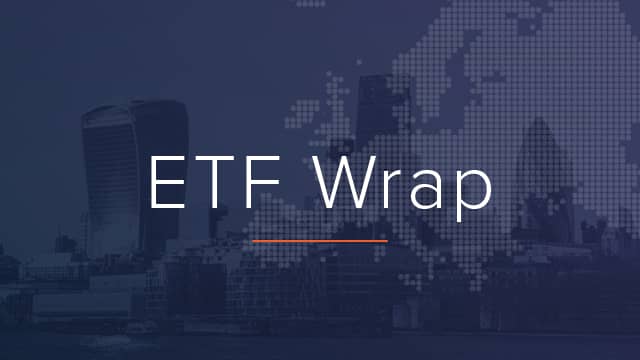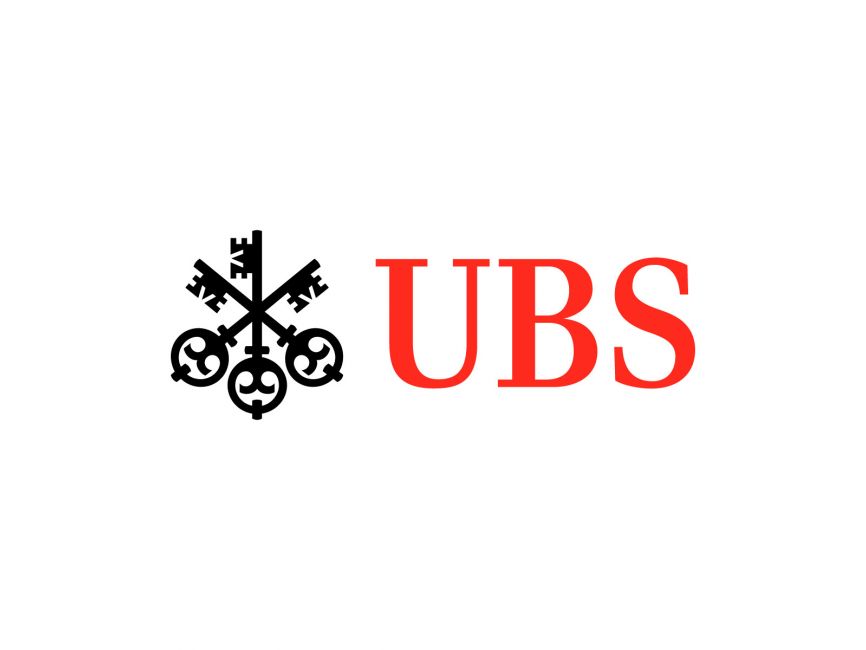Index-tracking ETFs and mutual funds were scrutinised on the US political mainstage once again this week, with BlackRock and MSCI being investigated for channelling investor assets into Chinese companies blacklisted by the government.
A letter from the House of Representatives’ Select Committee on the Chinese Communist Party (CCP) found the two firms’ collaborative products had directed at least $429m into 20 companies earmarked as acting “directly against the interests of the US”, but “the true scale is likely much larger”, the committee said.
BlackRock said in a statement it would “continue engaging” with the committee and all its investment products comply with “all applicable US government laws”.
The world’s largest asset manager added it is only one of 16 passive fund issuers offering US index funds investing in Chinese companies.
The committee’s investigation comes ahead of plans for a US executive order to intensify oversight of US companies investing in strategically important sectors in China, with companies expected to be required to notify government if they are making investments in areas such as artificial intelligence, semiconductors or quantum computing.
Alex Matturri, CEO of S&P Dow Jones Indices, said the committee’s focus on high-level product and index issuers was misplaced, given both parties launch products corresponding to where they believe there will be demand. Instead, the role of advising clients on their investment objectives is fulfilled by financial advisers, he said.
However, this is not the first time BlackRock has had to deal with public criticism from US political figures.
Last year, Democrat heavyweight Bernie Sanders took to Twitter to voice concerns about the growing influence of the ‘Big Three’ asset managers in board rooms.
“Today, in America, just three Wall Street firms – BlackRock, Vanguard and State Street Global Advisors (SSGA) – manage $22trn assets.
“These three firms are major shareholders in more than 96% of S&P 500 companies. Obscene.”
Sanders’ comments chimed with critiques made by other prominent US figures within a matter of months, with Berkshire Hathaway vice chairman Charlie Munger saying the group of three are creating a new centre of power for corporate governance, while Tesla CEO Elon Musk last May warned “passives have gone too far”.
With passive ownership doubling in just seven years to an average of 21.2% of every company in the S&P 500, it is extremely likely that the index product universe becomes increasingly prominent in political debate and policymaking.
Aside from fears of market inefficiency – because index trackers will hold constituents regardless of their financial soundness – asset managers issuing these products wield increasing voting power.
This has already been a point of friction for some of the largest investors whose views do not align with the widespread roll-out of at least partially ideology-driven strategies such as ESG.
Last year, Texas became the sixteenth state to implement a Boycott Act against firms excluding certain activities from their products based on ESG principles.
The Texas pension fund, representing the most populous Republican state, published a list of 348 investment funds and 10 firms it would exclude because they either “boycott energy companies”, are members of climate initiatives or have above-average MSCI ESG ratings.
Among this group were ETF issuers including BlackRock, UBS Asset Management and BNP Paribas Asset Management, who were made ineligible for consideration by the more than $300bn of Texas pension schemes after Comptroller Glenn Hegar described the ESG movement as “opaque and perverse” and said issuers were prioritising a “social and political agenda shrouded in secrecy”.
Asset managers will find it increasingly challenging to level their sheer dominance with efforts to maintain an impression of benign impartiality.
Some would argue investors have the ultimate power, voting with their assets and asset managers merely provide the tools for capital allocation, their power over corporate culture and even outcomes for entire economies looks set to only grow further.
Oil leaks
Oil exchange-traded commodities (ETCs) booked their largest outflows in over a year last week, with the largest product, the $2.2bn WisdomTree Brent Crude Oil ETC (BRNT) driving the exodus with $295m exiting the strategy.
After becoming the largest oil strategy in January with $1.8bn inflows over the trailing year, investors pulled the most money in a week since the strategy began trading in February 2012, according to data from Bloomberg Intelligence.
This owed to investor profit-taking after Brent Crude prices shot up 14.3% over the past month, breaking through $85 a barrel to coincide with the recent OPEC meeting and further cuts to production.
Hopes of an economic soft landing and the end of central bank interest rate hiking in sight have also driven oil prices higher.
ETF Wrap is a weekly digest of the top stories on ETF Stream







